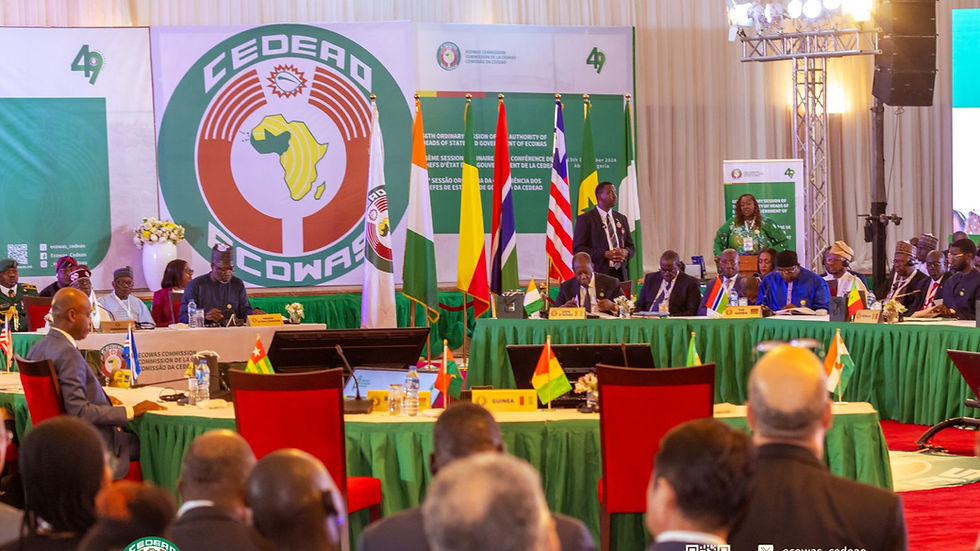GHANA OBSERVES INTERNATIONAL DAY AGAINST DRUG ABUSE AND ILLICIT TRAFFICKING
- WADPN

- Jul 7, 2015
- 2 min read
June 26 is the International Day against Drug Abuse and Illicit Trafficking.
Instituted by the United Nations General Assembly in 1987, the Day serves as a reminder of the goals agreed to by Member States of creating an international society free of drug abuse.
The United Nations Office on Drugs and Crime (UNODC) selects themes for the International Day and launches campaigns to raise awareness about the global drug problem. Currently, health is the theme of the world drug campaign.
In Ghana, the Day was observed with a Public Policy Forum organized by the Ghana Chapter of the West Africa Drug Policy Network and the West Africa Behavioural Health Addiction and Recovery Management Foundation (WABHARM) in collaboration with the West Africa Civil Society Institute (WACSI) and with support from the International Drug Policy Consortium (IDPC).
The Forum brought together about 40 stakeholders within the civil society sector that work to promote harm reduction, government institutions, notably the Narcotics Control Board, religious institutions and the media.
Speakers at the Forum were Mr Martin Kpebu, lawyer, Fugar & Co chambers, Mr Adamu Mohammed, Executive Director of WABHARM, and Mr Timothy Bentum of Timothy Bentum Ministries who spoke on the topics “Understanding the Drug Context in Ghana”, “Balanced Drug policies in Ghana (Status and Relevance)” and “The Challenges and Expectations of Drug users and Supporting Drug Users in Ghana”, respectively.
Organized on the theme: “Reform Policies to Support and not Punish Drug users in Ghana”, the Forum aimed to promote the ‘Support, Don’t Punish’ campaign in Ghana by generating awareness among key stakeholders on the need to stop the criminalization of people using drugs in Ghana.
It also aimed at triggering discussions aimed at ensuring that the current Narcotics Control Bill addresses vital issues, with the view to promoting the rights of drug users and supporting their rehabilitation into society, and to provide critical reflections aimed at shaping better policies that will facilitate the process of tackling the impact of drugs trough informed, humane and co-ordinated policy.
Addressing participants at the opening of the Forum in Accra, last Friday, a member of WABHARM, Helen Meredith, described the current war on drugs as punitive and biased towards sanctions on suspects or victims associated with drug-related crimes.
Ms Meredith, therefore, stressed the need by all stakeholders to support the ‘Support, Don’t Punish campaign—a global advocacy campaign to raise awareness of the harm being caused by the criminalization of people who use drugs, to change the laws and policies which impede access to harm-reduction interventions and to promote respect for the human rights of people who use drugs.
Source: ISD (G.D. Zaney)




Comments